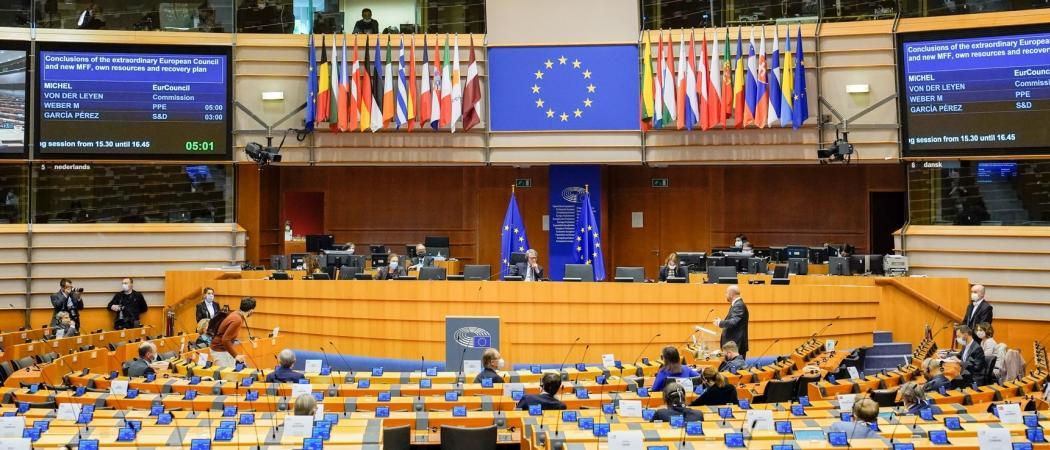Industry committee votes in favour lighter touch rules around European Institute of Innovation and Technology’s public-private partnerships

Photo: European Parliament.
The public-private partnerships run by the European Institute of Innovation and Technology (EIT) are in line to get more control over their budgets, after parliament’s ITRE industry committee voted through proposals to amend the legal framework.
If approved by the EU Council, the changes will give the EIT’s eight Knowledge and Innovation Communities (KICs), more leeway in how they spend their money, and cut bureaucracy around grant applications.
The aim is to give the KICs flexibility to react faster to the demands arising from the COVID-19 crisis. Many members of KICs are small businesses that have been forced by pandemic control measures to down tools. Meanwhile, university partners have shut their campuses and face-to-face entrepreneur training has stopped.
The EIT has already launched a €60 million fund to bail out KIC SMEs and start-ups hit by the crisis, but more support is needed.
During the two first years of the new seven year EU budget starting in January 2021, the KICs will work under special terms adapted to their respective needs. At the same time, all non-essential work carried out by EIT will be cut to focus on helping KICs respond to the aftermath of the pandemic.
Following this, there will be a switch from annual to multi-annual grant agreements between EIT and the KICs, reducing the bureaucratic burden. “The current yearly model has been excessively burdensome and impractical for institutions, not least in relation to educational activities, which are more long-term,” said Jan Palmowski, secretary general of the Guild of European Research Intensive Universities.
Other changes to the legal framework seek to extend the geographical footprint of KICs, to bridge the funding gap between east and west.
In total, there are around 600 amendments that aim to simplify the EIT’s financial and administrative rules, ensure more transparency, set standards for geographical and gender balance in the work of the KICs, and agree targets for greater integration of education, research and innovation.
“I think we have a very nice result with the reinforcement of the EIT, the reinforcement of the knowledge triangle, more openness and transparency in the whole system, and also the means to get better geographical distribution of the KICs,” said Maria da Graça Carvalho MEP, one of two leaders of the EIT legislation in parliament.
Alongside changes to the legal framework, parliament is calling on member states to raise EIT’s budget to €4.8 billion, up from €3 billion it is set to receive under the commission’s latest Horizon Europe budget proposal.
Overwhelming support
Although it is now seen through the prism of the pandemic, the overhaul of EIT’s legal framework - a year in the making - was prompted by European Commission demands to set down standards for KIC operations under the Horizon Europe research programme that starts next year.
Now the proposal is back in the hands of the council, which will start technical talks on the amendments sometime next month. The council is expected to have the first negotiating session with the parliament and the commission in the second half of July.
“We hope that we can finalise the negotiations and keep the proposal of the parliament in its main lines of intervention,” said Marisa Matias MEP, who co-led the effort to update the EIT rules.
The two sets of amendments drafted by Carvalho and Matias passed with 70 and 62 votes in favour and 7 and 15 abstentions, respectively.
"This is a very positive outcome, considering the different sensitivities in the European Parliament and the fact that some of our proposals were disruptive to the status quo in EIT,” said Carvalho.
She hopes the show of overwhelming support for the changes in parliament will help in negotiations with the council. “This voting opens up good perspectives for the negotiations with the European Council but, of course, there is still a long road to be travelled,” Carvalho said.





 A unique international forum for public research organisations and companies to connect their external engagement with strategic interests around their R&D system.
A unique international forum for public research organisations and companies to connect their external engagement with strategic interests around their R&D system.